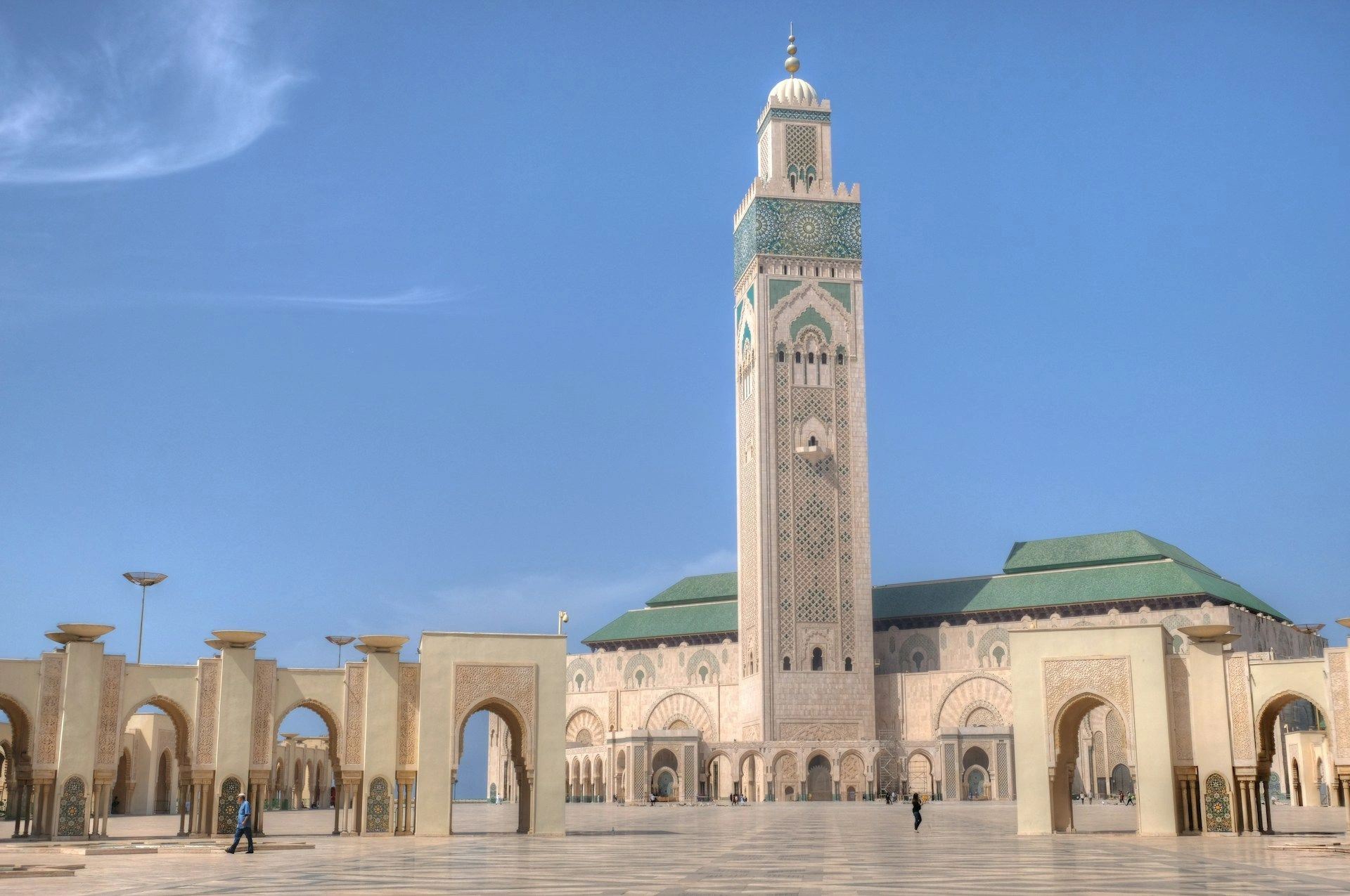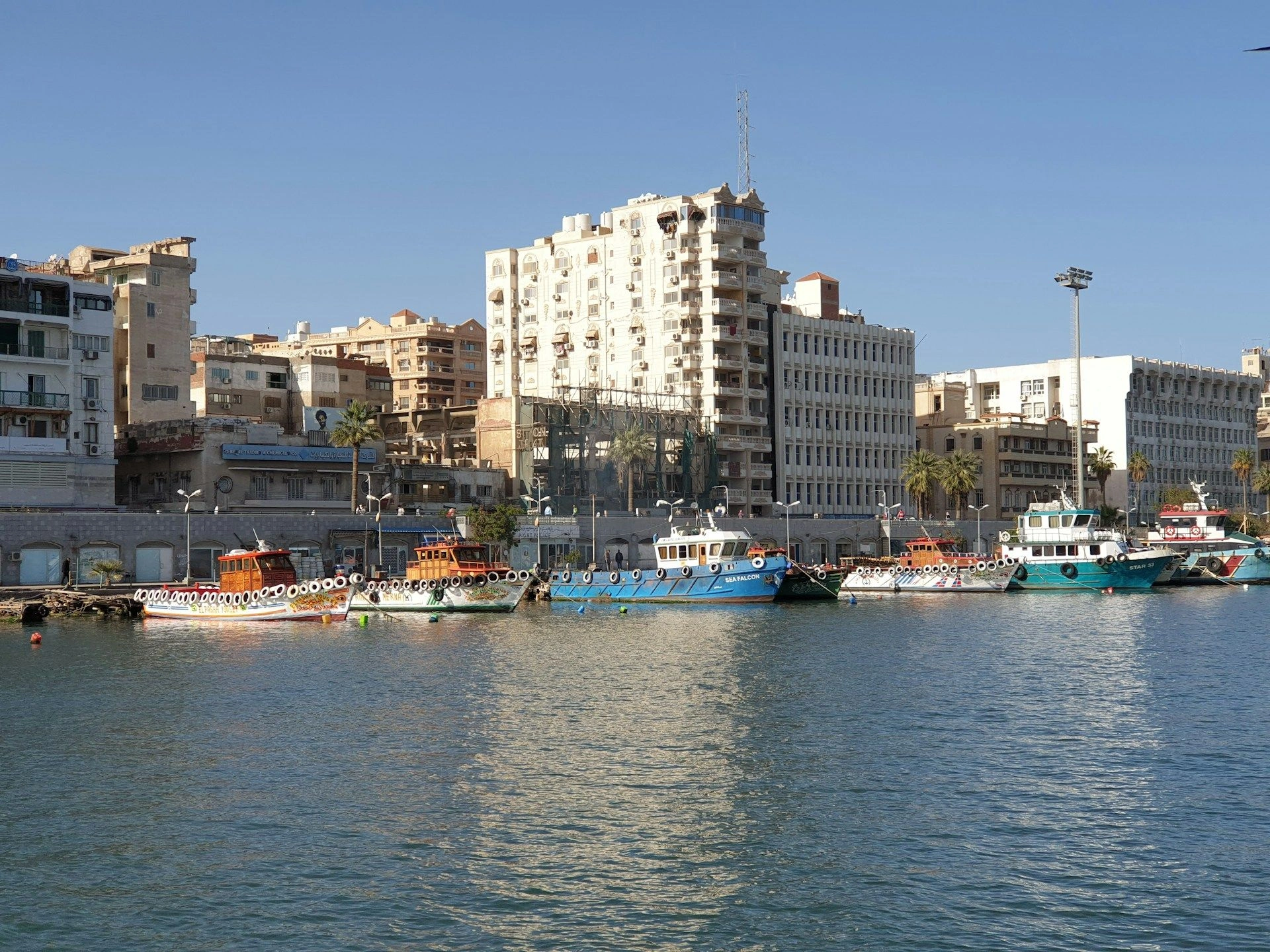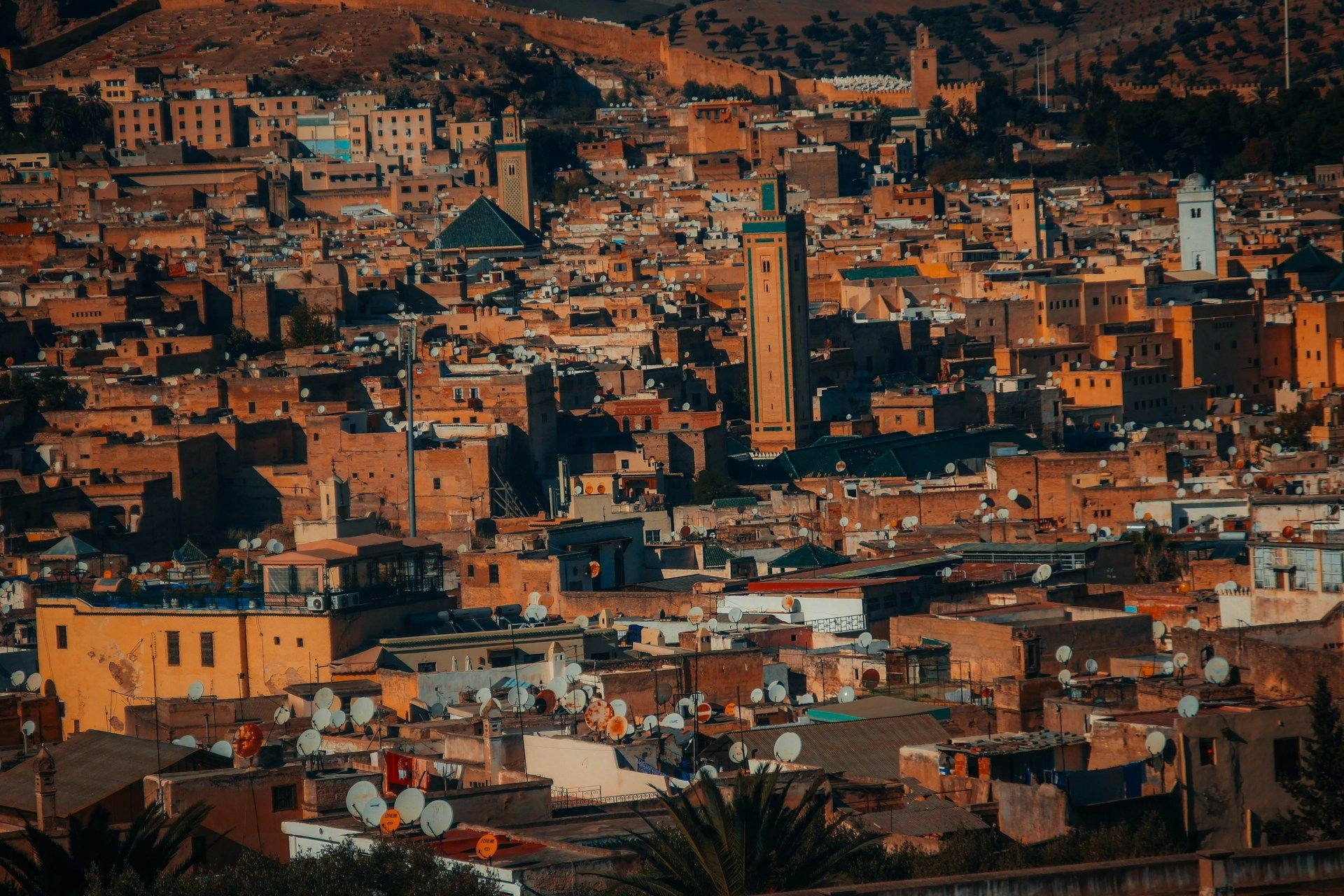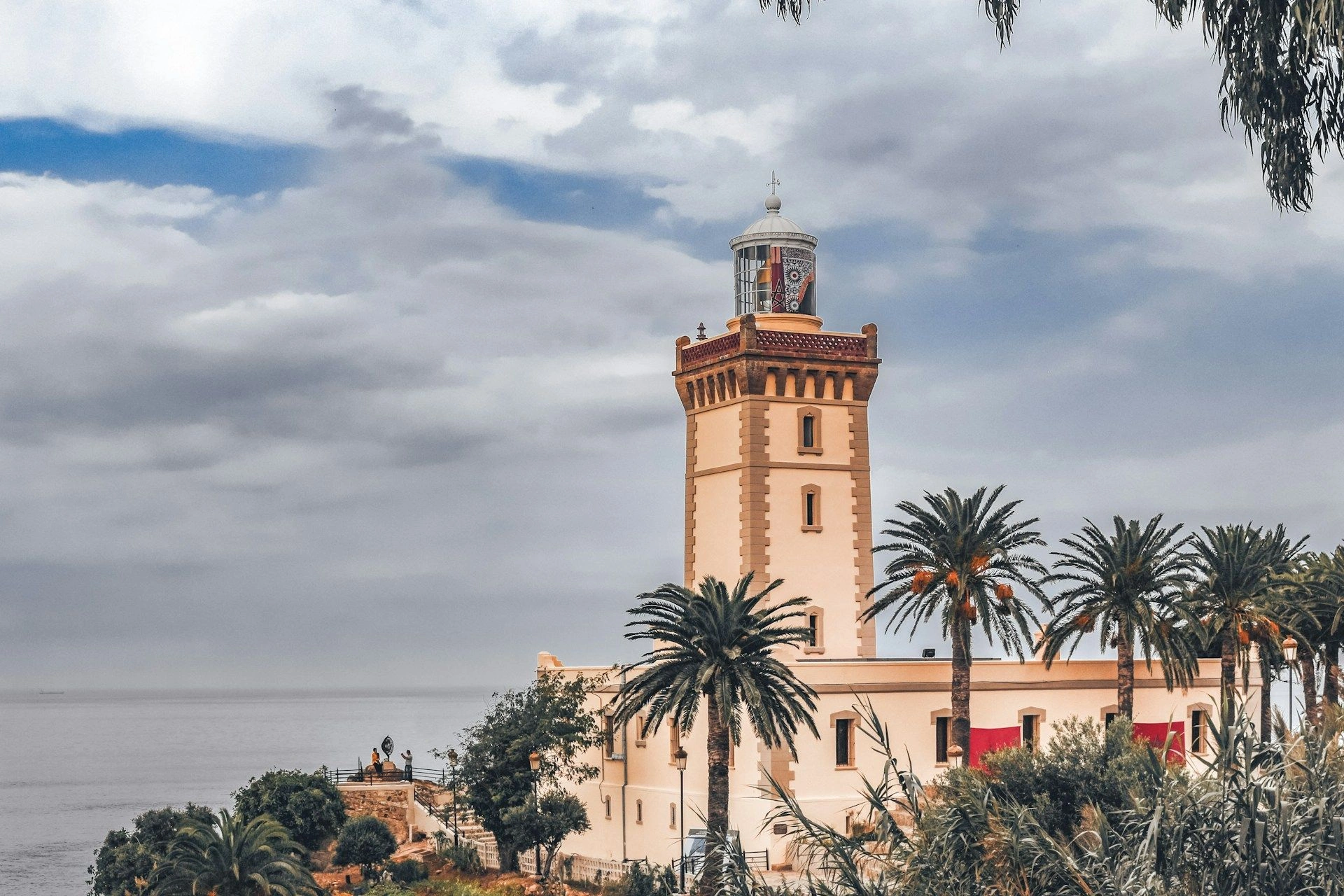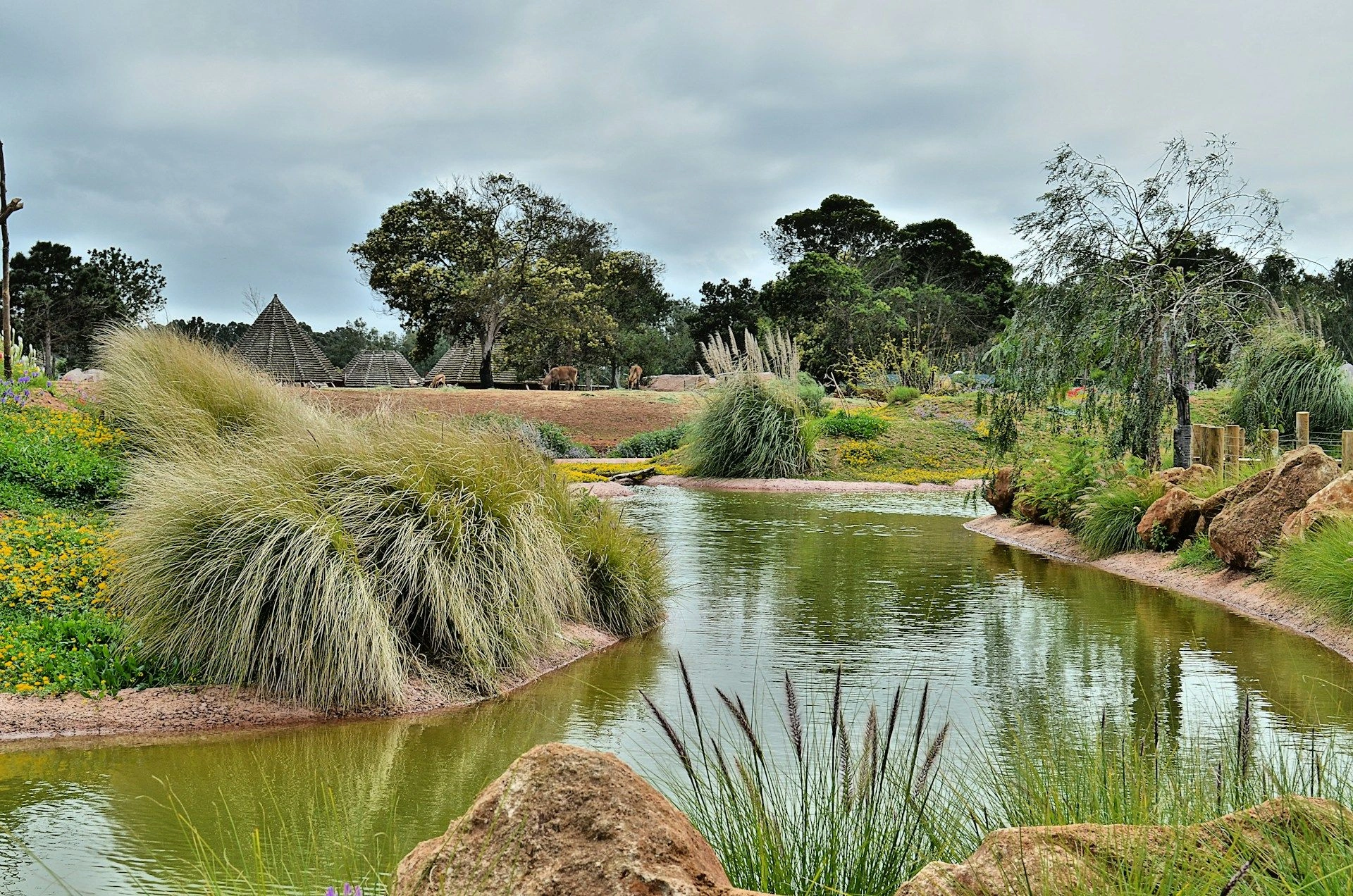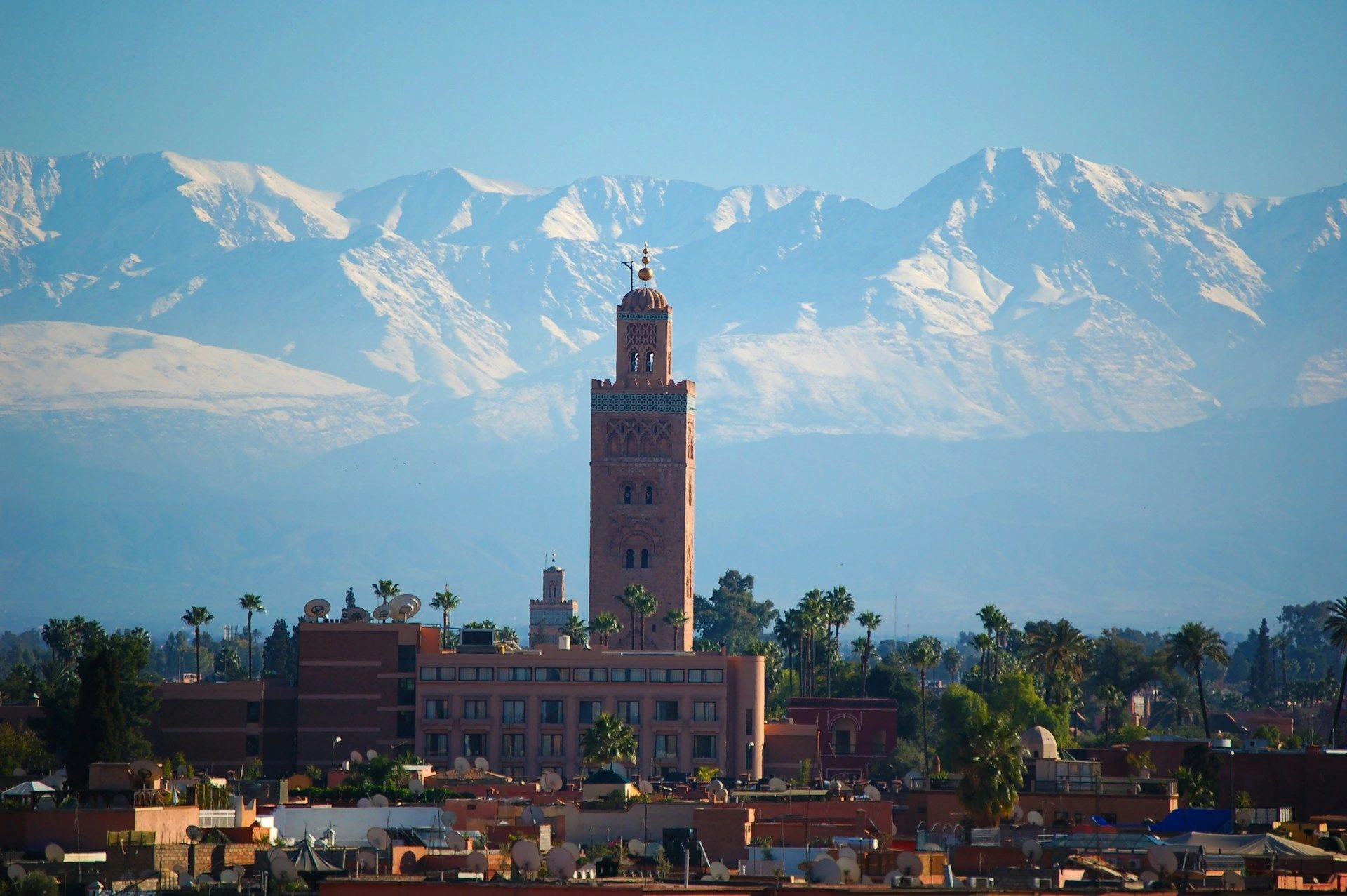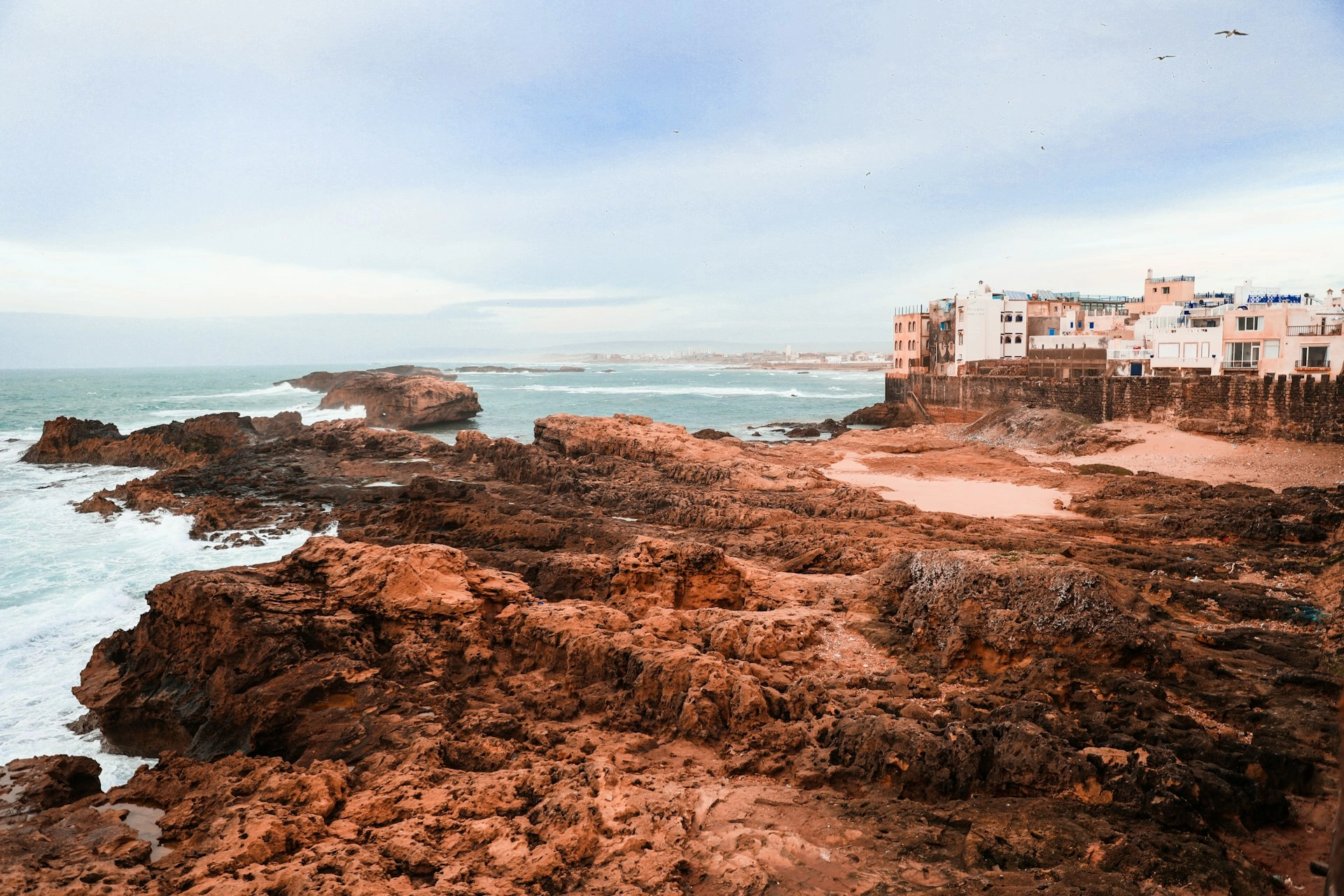Premium Commercial Hubs in Morocco – Retail & WorkplaceMarket with European interestand Eastern aesthetics
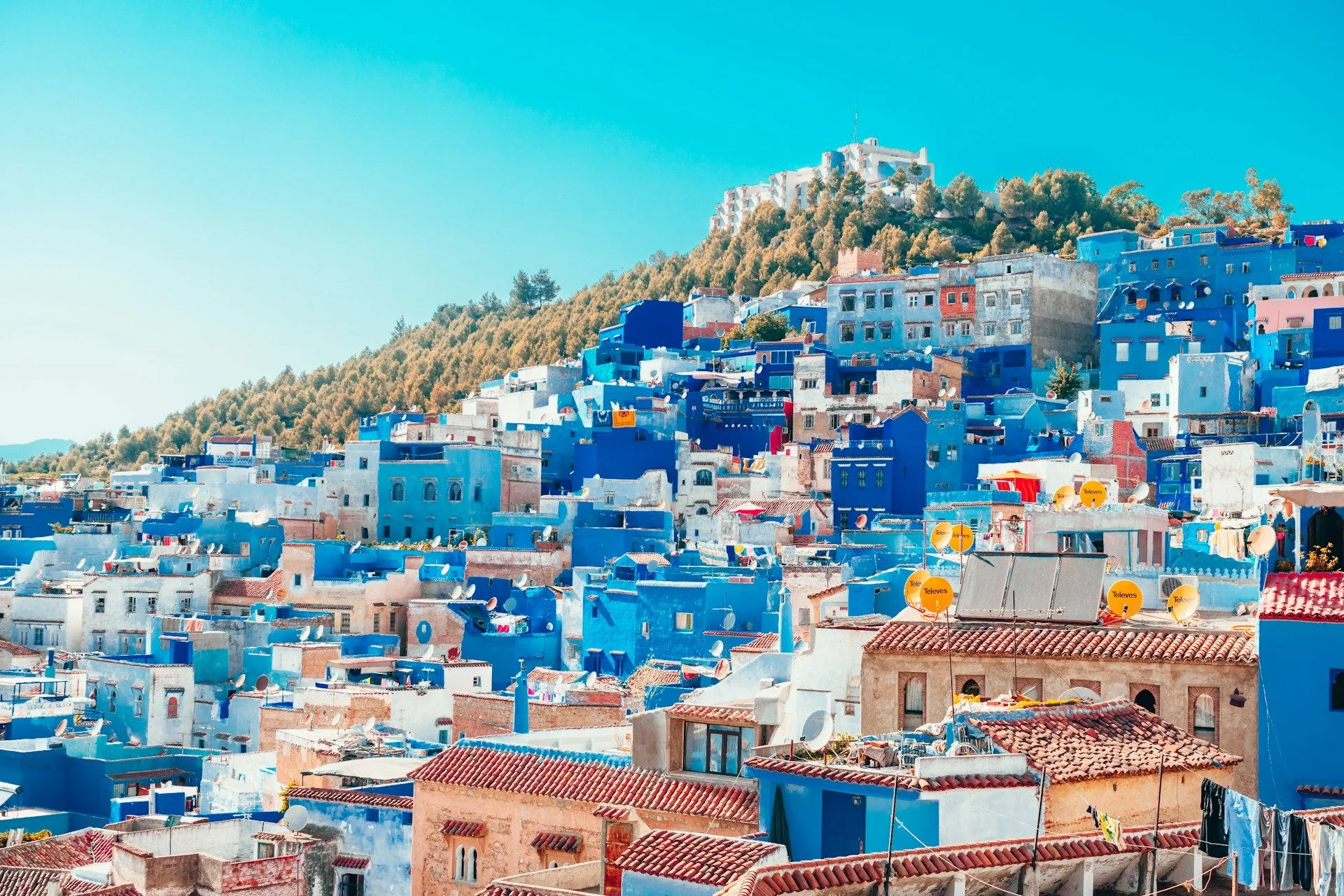
Best offers
in Morocco
Benefits of investment in
Morocco real estate
Affordable seaside market with upside
Cities like Marrakech, Agadir, and Tangier offer low entry prices with strong growth and rental prospects.
Appealing to both European and Arab investors
Cultural familiarity and proximity to Europe drive continuous interest in Moroccan property.
Rising local and tourist demand
Tourism and urban growth are fueling Morocco’s residential and rental markets.
Affordable seaside market with upside
Cities like Marrakech, Agadir, and Tangier offer low entry prices with strong growth and rental prospects.
Appealing to both European and Arab investors
Cultural familiarity and proximity to Europe drive continuous interest in Moroccan property.
Rising local and tourist demand
Tourism and urban growth are fueling Morocco’s residential and rental markets.

Useful articles
and recommendations from experts
Buy Commercial Property in Morocco: A Gateway to North African Emerging Markets
Morocco’s strategic location at the crossroads of Europe and Africa has cemented its position as a leading gateway for international commerce. Known for its diverse landscapes, rich cultural heritage, and progressive economic policies, the country offers a fast-evolving North African emerging market that beckons global investors. For those seeking to buy commercial property in Morocco, the nation’s improving business climate, expanding consumer base, and proactive government reforms present numerous avenues for high-potential returns.
One of Morocco’s standout features is its impressive political stability relative to other countries in the region. Over recent years, the government has introduced measures to modernize the business environment, streamline investment processes, and enhance infrastructure. As a result, multiple sectors—ranging from agriculture and renewable energy to manufacturing and tourism—are on an upward trajectory. This diversified economy not only reduces reliance on a single industry but also supports sustained demand for commercial spaces such as offices, warehouses, hotels, and retail complexes.
Besides its domestic market, Morocco’s proximity to Europe further elevates its appeal. The country maintains robust trade relations with the European Union and leverages strategic port cities like Tangier and Casablanca to facilitate cross-continental exchanges. For investors looking to tap into broader African markets, Morocco also serves as a logistical hub, offering direct access via established transport networks. Meanwhile, evolving regulations around property ownership and government investment incentives have significantly eased entry barriers for foreign buyers.
Morocco Real Estate Market: Trends and Growth Drivers
Delving into the Morocco real estate market reveals a landscape shaped by systematic development and bold economic visions. With each passing year, Morocco’s urban centers expand to accommodate growing populations and business demands, driving up the need for modern commercial facilities.
1. Tourism Development Along the Coast
Morocco’s coastal cities, particularly along the Atlantic shoreline, see a steady stream of tourists drawn by beaches, historical sites, and cultural festivities. Towns like Agadir and Essaouira have witnessed a boost in hospitality ventures, fueling the need for hotels, resorts, and retail outlets that serve international visitors. Combined with Morocco’s robust cultural appeal—exemplified by vibrant souks (markets) and UNESCO heritage sites—coastal developments can deliver compelling returns to commercial property investors.
2. Industrial and Logistics Expansion
The government’s focus on elevating Morocco’s role in global trade has led to significant upgrades in infrastructure, such as road networks, ports, and industrial zones. Tangier, with its state-of-the-art port facilities, has become a magnet for manufacturing and logistics businesses looking to export goods to Europe or import raw materials into Africa. Investing in warehouses or industrial parks here can yield stable occupancy rates from multinational tenants.
3. Urbanization and Consumer Demand
As migration from rural areas to cities continues, urban centers like Casablanca, Rabat, and Marrakech scramble to meet new housing and commercial needs. Competitive commercial property prices—in relation to more mature markets—give investors an advantageous entry point. The demand for shopping malls, office spaces, and mixed-use developments is on the rise, propelled by a rapidly emerging middle class eager to consume modern services and goods.
4. Government Investment Incentives
Moroccan authorities offer tax breaks, simplified registration processes, and other perks to encourage foreign direct investment, particularly in real estate and infrastructure projects. Investors are advised to consult local experts or government agencies for the latest programs—some of which target specific sectors like hospitality, renewable energy, or research and development hubs.
Commercial Real Estate in Casablanca: Economic Engine of Morocco
For many international buyers, commercial real estate for sale in Casablanca represents a prime opportunity to tap into Morocco’s largest city and economic nucleus. As the nation’s financial hub, Casablanca hosts the headquarters of major banks, insurance firms, and multinational corporations. Its bustling ports and free zones underpin a vibrant trade ecosystem, while new projects—like the Casablanca Finance City—aim to strengthen the city’s status as a top-tier financial center in Africa.
• Key Business Districts: Areas such as Sidi Maârouf and the city center along Boulevard Mohamed V are home to modern office towers and co-working spaces that cater to local and international tenants. Rental yields in these districts can be robust, owing to consistent occupancy from well-established corporations.
• Retail and Leisure: Casablanca’s cosmopolitan demographic supports a thriving retail landscape with shopping centers, eateries, and entertainment venues. Mixed-use developments that blend office, residential, and leisure components in central locations often attract a loyal clientele and deliver stable returns.
• Industrial Zones: Situated near the port, Casablanca’s industrial districts serve as critical points for import/export businesses. Investors in warehouses or logistics parks can benefit from Morocco’s dynamic trade ties, leveraging long-term leases with shipping and manufacturing companies.
While the city’s traffic congestion and urban density pose challenges, continuous public works—such as tram expansions and road improvements—aim to enhance mobility. For foreign investors, partnering with local professionals remains vital for navigating permit applications, compliance with building codes, and negotiations with municipal authorities. Nevertheless, the city’s ongoing transformation highlights a promising future for high-quality, strategically located commercial assets.
Office Space in Rabat: Tapping into Political and Administrative Opportunities
As Morocco’s capital, Rabat blends historical charm with a growing administrative and diplomatic presence. For those looking to buy office space in Rabat, the city’s role as the seat of government and home to numerous embassies underscores a stable environment for professional services, consulting firms, and international NGOs.
1. Diplomatic Hub: Many international organizations, NGOs, and foreign missions prefer to be located close to government ministries, making Rabat a hotspot for high-end office spaces. Properties near Avenue Mohamed V or the administrative quarters can generate steady rental revenue from well-funded tenants.
2. Educational and Cultural Landscape: Rabat hosts several universities and cultural institutions that stimulate demand for co-working, research facilities, and conference venues. Investors targeting specialized education-based or cultural ventures can harness the city’s intellectual capital and relatively affluent populace.
3. Infrastructure and Connectivity: Although smaller than Casablanca, Rabat boasts efficient transport links, including modern tram lines and proximity to highways that connect it to other major cities. This easy access encourages businesses from various regions to set up branch offices in the capital.
When selecting office spaces in Rabat, pay attention to the quality of building management, parking availability, and compliance with health and safety regulations—factors that can differentiate a premium office development from a subpar competitor. Over the long term, Rabat’s stable political climate and consistent demand for administrative services make it an appealing market for commercial real estate.
Invest in Moroccan Property: Future Prospects and Key Considerations
For global buyers who intend to invest in Moroccan property, success hinges on navigating the country’s unique market landscape and regulatory environment. While the government actively encourages foreign investment, prospective owners should remain mindful of local customs and legal protocols.
• Legal Framework: Morocco’s property laws generally allow foreign ownership, but freehold titles and specific zoning requirements can vary by region. Engaging a bilingual attorney experienced in Moroccan real estate transactions is key to ensuring transparent contracts and a smooth buying process.
• Financing Options: Local banks have become increasingly open to providing mortgages for foreign investors, though interest rates and terms may differ from those in more mature markets. Demonstrating a solid business plan and track record can facilitate better financing deals.
• Cultural Sensitivity: Understanding Moroccan business etiquette—such as the importance of building personal relationships and respecting cultural norms—can prove essential when finalizing property deals or negotiating with local partners.
• Emerging Markets: Besides Casablanca and Rabat, secondary cities like Tangier, Marrakesh, and Fes also present strong growth potential, particularly for niche hospitality, artisanal crafts, or leisure-oriented commercial developments.
Overall, the Morocco real estate market stands at the nexus of North Africa’s economic resurgence and Europe’s bustling trade arteries. From coastal tourism hotspots to industrial logistics zones and administrative capitals, Morocco offers a rich tapestry of investment possibilities that cater to a spectrum of commercial needs. By capitalizing on government investment incentives, partnering with local experts, and conducting thorough due diligence, foreign investors can buy commercial property in Morocco and benefit from the country’s growing clout on the global stage. With competitive commercial property prices and increasing local purchasing power, Morocco’s urban and coastal centers appear well-positioned for sustained real estate development—setting the scene for profitable ventures in a North African emerging market poised for success.
